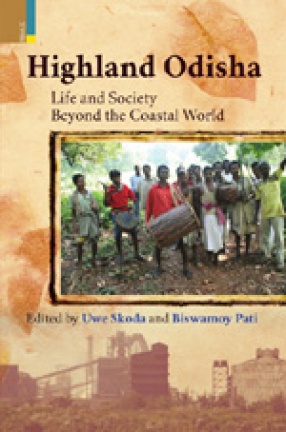
Biswamoy Pati

Showing all 13 books

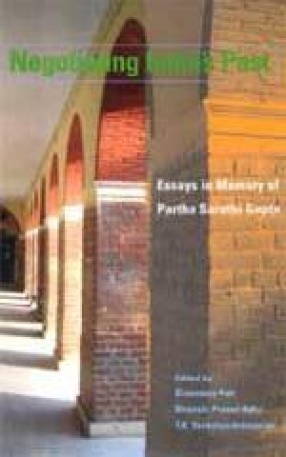
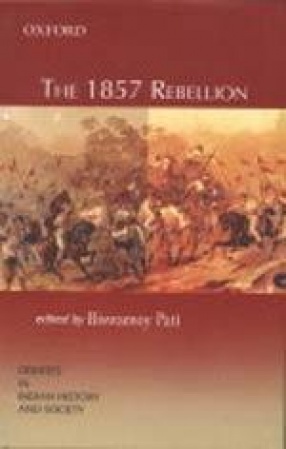

Studies of Odisha have often been simplistic and condensed to notions of a relatively prosperous, urbanized centre in the plain along the sea vis-à-vis a backward 'hinterland'. Due to such notions of othering, Odisha beyond the coastal world-the largely Adivasi-populated highlands and ostensible backyard areas in coastal perspectives-has often been relegated to the background of both scholarly and popular imagination. Highland Odisha inverts such othering ...
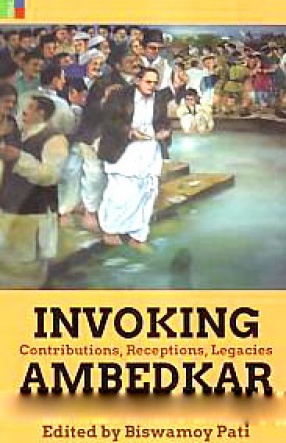
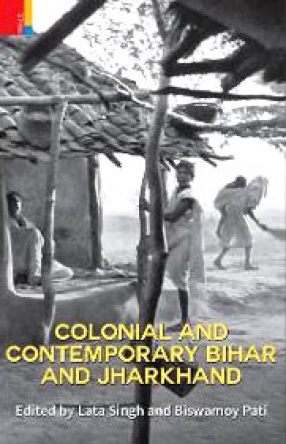
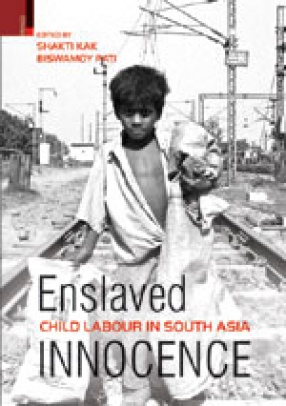
Enslaved Innocence: Child Labour in South Asia explores the historical, economic, and social factors surrounding the issue of child labour. It is often argued that child labour is the result of under development, large families, or cultural practices. This volume attempts to highlight the structural factors in capitalist societies that have made such exploitation possible, and to place the issue of child labour in a theoretical framework relating to capitalist ...

The volume explores a unique set of themes that capture the diversities of India, such as public health, medical institutions, mental illness and the politics and economics of colonialism. It will be of interest to scholars of history, especially the history of medicine and the history of colonialism and imperialism, sociology, social anthropology, cultural theory, and South Asian Studies, as well as to health workers and NGOs.The book is a must for students of ...
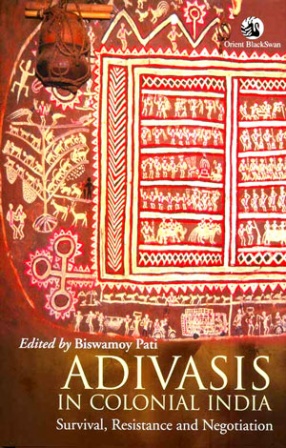
How do we define ‘adivasis’? A post-modernist approach will situate them as ‘colonial constructs’. However, as this book goes to show, tribals were not just a colonial creation. They were a part of south Asian reality at the time of India’s colonisation. Their world was not a monolithic one but the order of stratification was significantly reinforced with the advent of colonialism and its diverse interventions, in terms of the ...
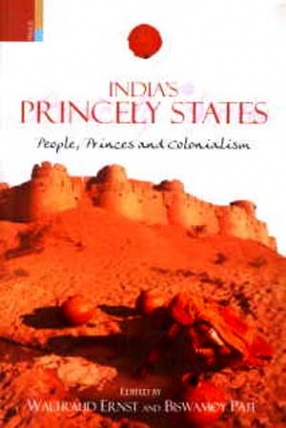
This book reassesses the place of the Indian princely states within the history of South Asia and weaves together hitherto uncharted areas. It employs a multi-disciplinary approach and critiques some of the received paradigms of conventional historiography about princely India, leading the reader into new realms of discussion such as literary constructions, aspects of political economy and legitimacy, military collaborations, gender issues, peasant movements, ...

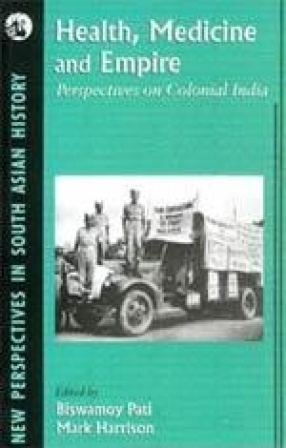
This collection of essays weaves together several themes related to the social history of health and medicine in colonial India. Its focus ranges from analysing Europe’s relationship with India’s indigenous medical systems, to case studies of two mental asylums (in Madras and Lucknow), the location of the leprosy asylum, the technological aspects and social implications of the colonial vaccination policy, and to colonial interventions related specifically to ...

This book is memory of Professor Partha Sarathi Gupta, who taught at the Department of History, Delhi University, from 1962 till 1999. He passed away suddenly on 10 August 1999, just a few days after his retirement. A dedicated historian with a zeal for exactitude, an endite scholar and a committed teacher, Professor Gupta was in many ways ‘an institution within an institution’ and a source of inspiration for generations of students, including many of the ...
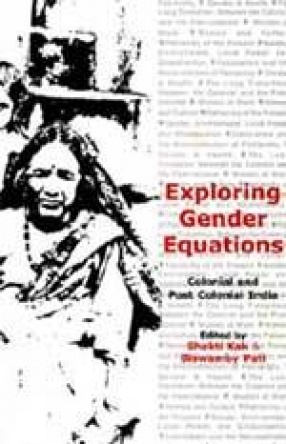


The 1857 Rebellion arguably represents the largest popular uprising against colonialism anywhere in the world during the period. Directed against the world's greatest colonial power of the time, it has become a milestone in the history of imperialism. The rebellion also stoked the fires of the Indian National Movement and thus remains deeply ingrained in popular memory and folklore. The debate on the nature of the rebellion began almost with the revolt itself. ...
